As a result of increasing mobility, the social networks of individuals are increasingly spread over physical distances. This makes it a challenge to maintain social relationships at a distance. However, positive social relationships can have a significant impact on physical and mental well-being and contribute to improving quality of life through a feeling of relatedness.
The LuvLink friendship lamps* address this problem. These are two lamps configured via Wifi that can send a light to the other lamp by tapping onto it. This makes them unique on the market, as there are rarely products that are designed solely to fulfil a need and have no rationally "useful" function. But do the lamps create positive experiences and can they really create a feeling of connection at a distance?
In 12 diary studies, these lamps were tested with siblings and good friends for their experience in everyday life.
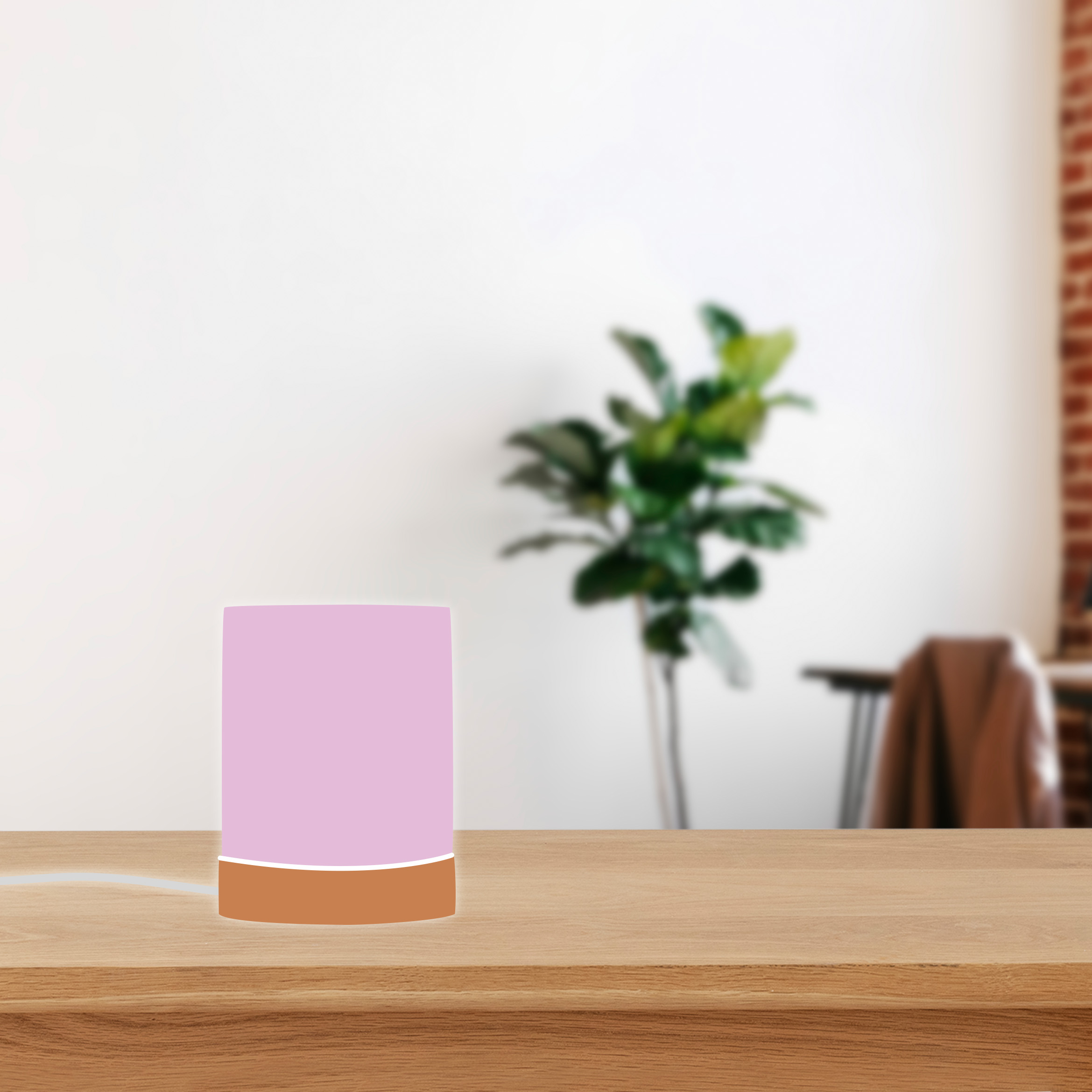
... are important. They not only make us happy, but also healthier and let us live longer. How much power has design in creating such experiences?


Looking for positive experiences I designed a one-week diary study and tested them with 12 different people. To get the most insights possible, I added an introductory session and a concluding interview for each participant.
1 Research
- Examination of the theory of positive experience and the need for relatedness
- Benchmark of existing products
2 Diary Studys
- Conception and realisation of 12 one-week diary studies, as well as associated introductory and final interviews
3 Analysis and Interpretation
- Evaluation and interpretation of the results
- Summary for further research approaches
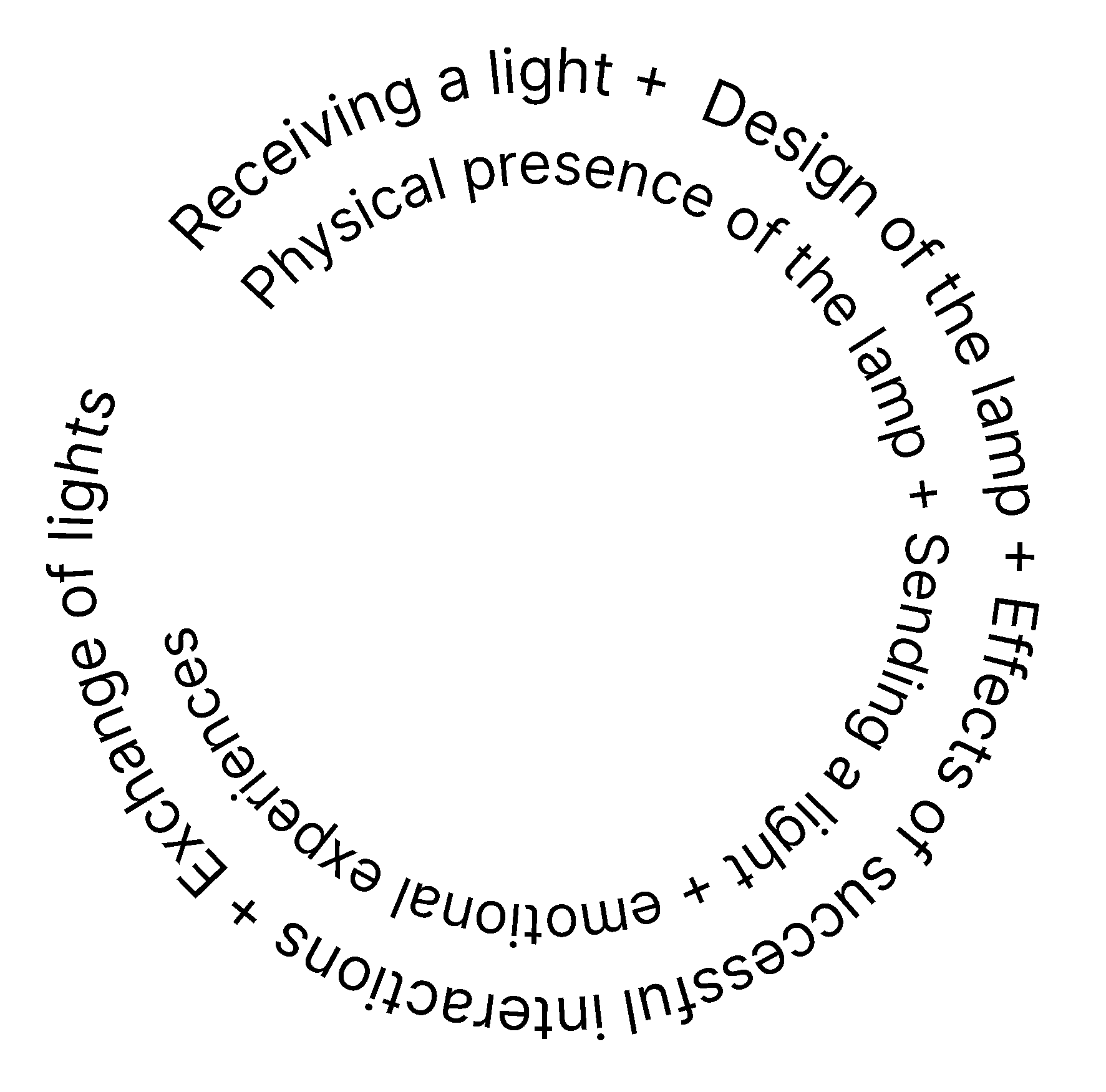
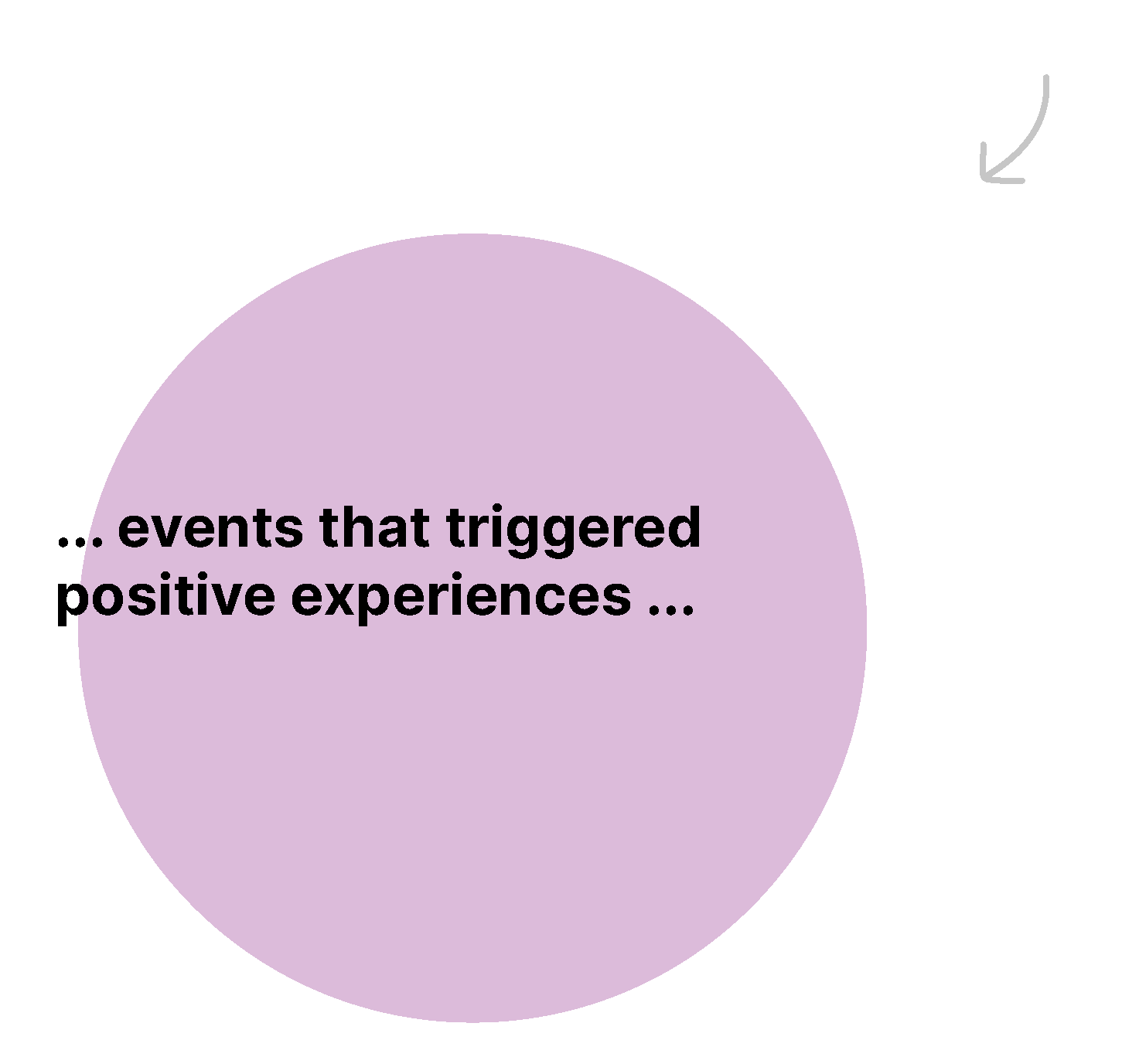


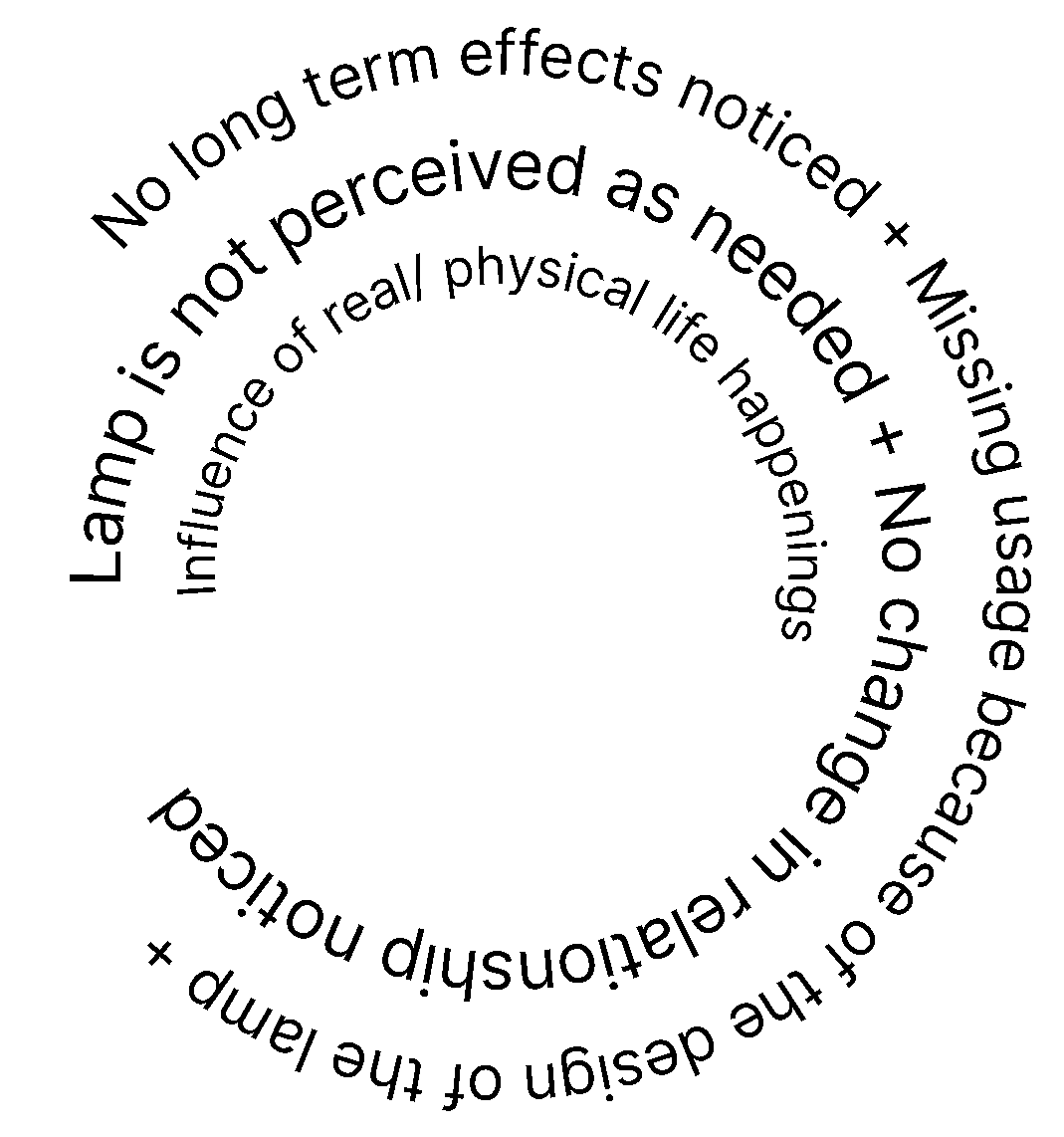
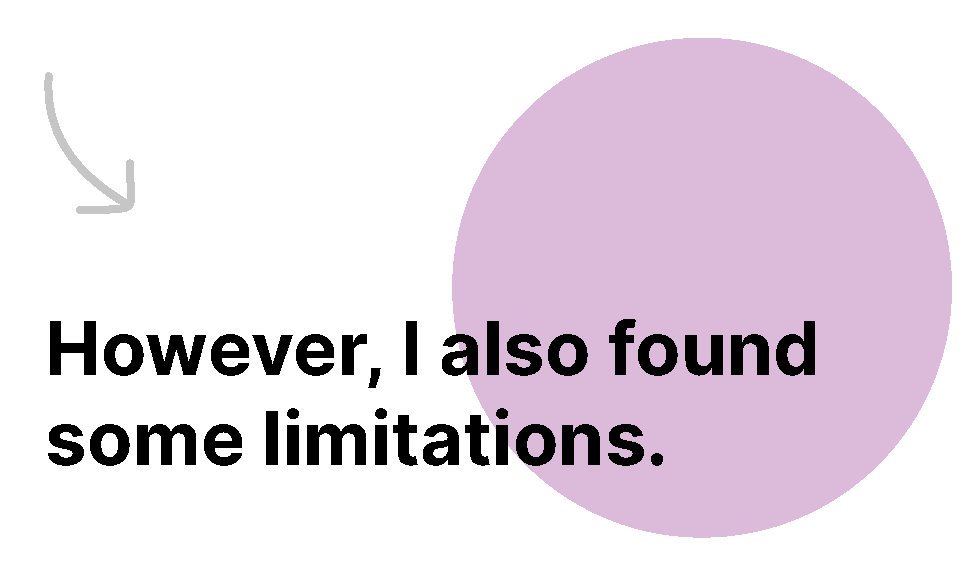
* This work was completed independently with no involvement of LuvLink (Dig8tal Pty Ldt).
This project presents my final project for my studies in Information Design B.A.
All of the work was completed by myself
Time span: 3 months
Supervised by:
Prof. Dr. Michael Burmester